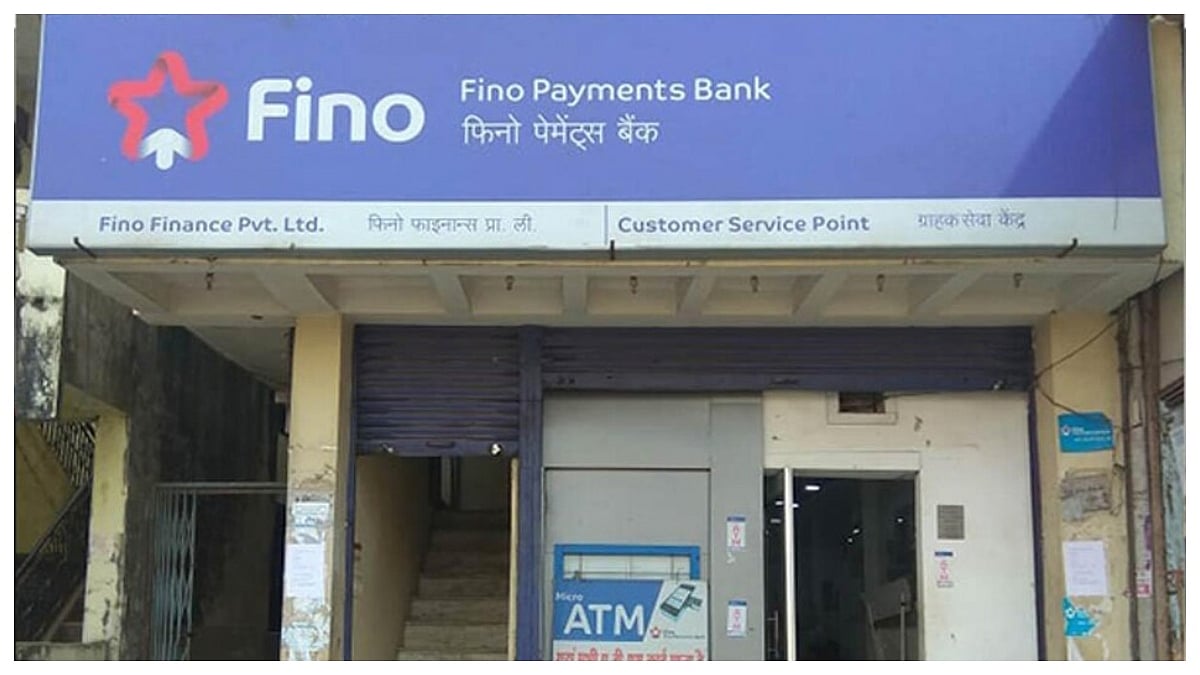Elections to the general body of the Brihanmumbai Municipal Corporation (BMC) were due in February-March this year but were postponed for several reasons. Six months and many political developments later, there is little clarity on when Mumbaikars will get to elect their representatives to the local government that has — or can have — the maximum and most proximate impact on the quality of their lives. There were two different signals earlier this week: BMC polls will be held in January, said Maharashtra chief minister Eknath Shinde, but his deputy Devendra Fadnavis remarked that “only God and the courts” knew when the elections would be held. In the absence of Mumbai’s voters casting their ballot and giving the power in the powerful BMC to one party or another, municipal commissioner IS Chahal continues as an appointed administrator – not an ideal situation in a democracy.
The question, however, is whether the elections matter at all in a fundamental or realistic way, given the fact that planning for and governance in Mumbai happens at multiple levels, from the union government and its autonomous bodies to the state government and its autonomous organisations, which often leave the BMC with little to do and a lot of mess to clear up. With mega infrastructure projects planned and executed by other agencies, the BMC becomes, as some within it complain, a “drain inspector” dealing primarily with water supply and sewage. Elected corporators, goes the complaint, are busy lining their nests or forming a cabal of their own with little connection to people, especially the middle classes, and upper class Mumbaikars often call for a CEO-type administration. Besides, the city has been functioning normally with the commissioner-administrator for the last six-seven months.
Against this backdrop, the argument goes that it is futile to hold elections and elect a general body that, at least theoretically, represents the people of Mumbai. But nothing could be more misplaced; if people of Mumbai or any other city do not elect their representatives to their urban local bodies, urban governance falls exclusively into the hands of unelected managers or bureaucrats who have little connection with people and zero accountability to them. An elected chaos is more democratic than an unelected corporate-like order. The sooner the elections are held to urban local bodies, not only in Mumbai but in cities and towns across Maharashtra, the better for the health of our democracy, such that it is.
The general body of the BMC — and the corporators drawn from it to sit on various committees including the all-powerful Standing Committee (pun unintended) — remains the single most representative voice of the people of Mumbai in the planning and governance of the city. And however flawed or insidious it may be, dominated by political parties that are more intent on sharing the spoils of the power among themselves than ensuring that civic services reach the last address in their designated wards, it represents the citizens’ voice or at least that of a certain section which participates in the electoral process.
The response to the flaws and defects must be to improve the system. A way out is to implement the area sabha model in every electoral ward so that qualified and interested people unaffiliated to political parties can contest and win the elections; this was done in Juhu some years ago and the corporator was more responsive to his constituents than many other corporators across the city. Elected corporators, especially if they come into the system through people’s backing more than logistical support of political parties, are usually sensitive to the needs and demands of their constituents.
People instinctively realise the importance of self-governance or having a representative in the civic body that works with annual budgets that equal budgets of smaller states — nearly Rs 46,000 crore for 2022-23 — which partly explains the desultory reception to the idea of turning it over to a CEO-like figure. A reason that the area sabha model has not taken off is that entrenched political parties feel threatened when power shifts to citizens less malleable to their larger interests. But if the 74th Amendment to the Constitution — which mandated that urban local bodies will have decentralised power and authority over a defined local area, and created the institutional framework for democracy at the grassroots in cities — must be honoured in letter and spirit, then the area sabha model which makes urban governance less susceptible to political machinations should be made to work.
The remit of the BMC over the city has remained the same that it has been for more than a century but the last 25 years have seen a steady shift in the power it wields over specific areas or civic functions. Every Chief Minister of Maharashtra, including those with rural background and experience, has thought it prudent to retain the urban development portfolio with him and, by the virtue of that, command the BMC commissioner to undertake or ignore certain projects. Commissioners, all career bureaucrats, see the post as a stepping stone to apex appointments such as chief secretary of the state and have been more than happy — with a few notable exceptions such as the late SS Tinaikar — to run afoul of the chief minister of the time. Having elected representatives helps reset this balance of power towards citizens — to some extent.
The last two decades or so saw a peculiar development in Mumbai. As the Shiv Sena’s grip over the BMC became stronger with every election, with its ally Bharatiya Janata Party, the state government comprising the Congress and Nationalist Congress Party (NCP) gradually pared down the BMC’s circle of influence. One route was to hand over key infrastructure projects to autonomous agencies such as the Mumbai Metropolitan Region Development Authority or Maharashtra State Road Development Corporation and so on which could bypass the BMC to report directly to the chief minister’s office. The creation of a “war room” in the then CM Fadnavis’ office was a classic example of this.
Another was to set up Special Purpose Vehicles such as the Mumbai Metro Corporation for specific projects without taking into the account that these projects must, somehow, be segued into the existing creaky civic infrastructure. Add to this the fact that large parts of the city and its key services such as the suburban railway system are owned and operated by central agencies which do not have to coordinate with the BMC at all. The entire eastern strip of Mumbai, waterfront that’s the span of seven to eight Marine Drives, is now being redeveloped primarily by the Mumbai Port Trust with the BMC having a limited say.
This atomised approach to Mumbai’s infrastructure and governance has meant sub-par and uncoordinated services for millions in the city. If the city’s governance must be stronger and more efficient — better coordinated between a dozen different authorities — the BMC must be made more powerful than it is. And elected representatives can help with that.
Smruti Koppikar, journalist and urban chronicler, writes extensively on cities, development, gender, and media. She is the founder editor of ‘Question of Cities’




